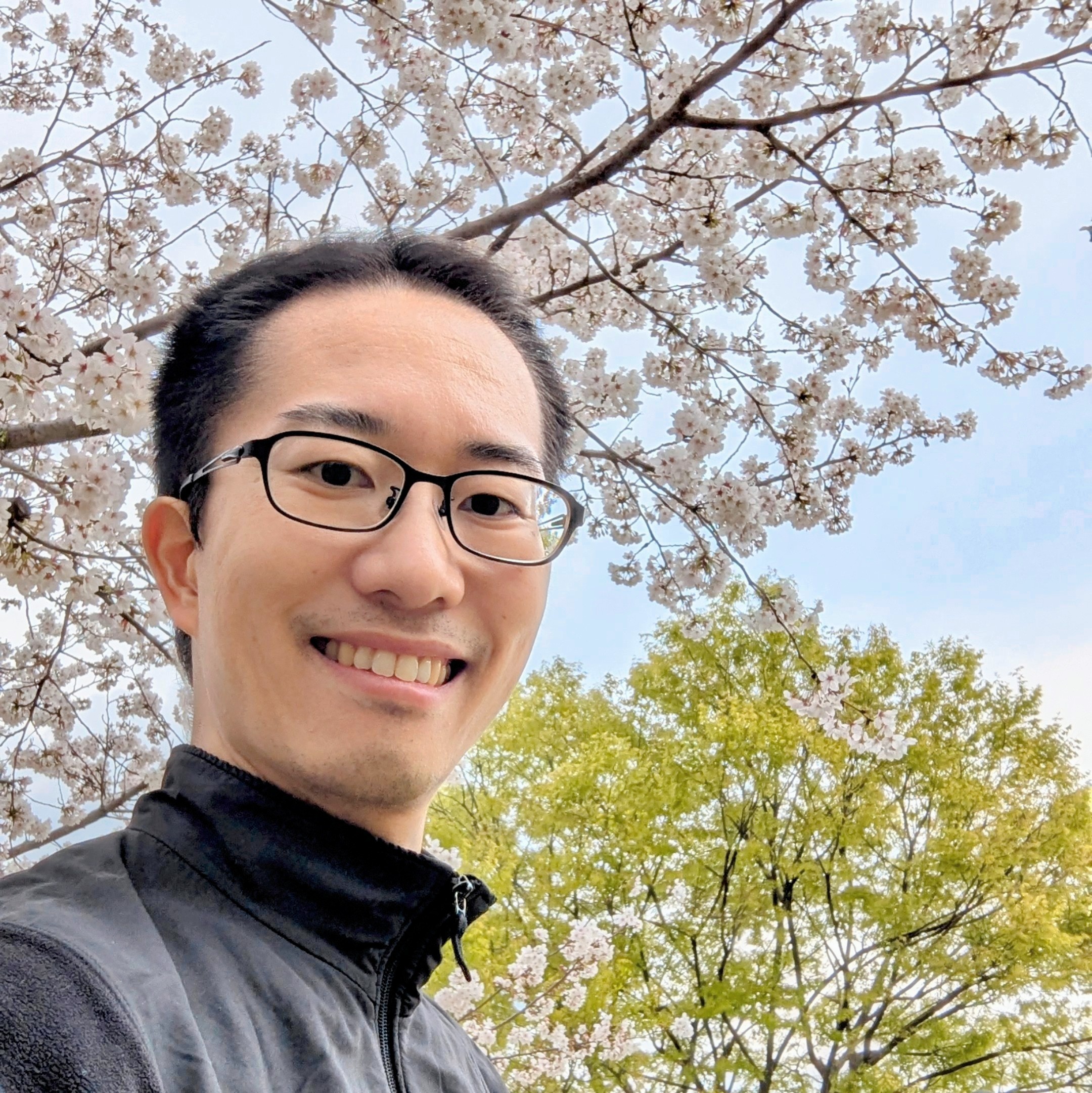How Multi-language Blogging causes Hypersensitivity to Intentions of Words

It's been three and a half years since I started writing the same articles in English and Japanese on this blog, and one and a half years since I wrote the article titled "7 reasons why I continue writing the same blog contents in multiple languages". Now is the time for me to review the impacts again.
Hypersensitive to intentions of words
One word in Japanese cannot easily be translated into another word in English, not only because there is a context to be considered but also because the realm of each word is slightly different from that of its counterpart in another language.
For example, the direct translation of "chiiki-okoshi"(地域おこし) can be "local revitalization", "rural revitalization" or "regional revitalization". The issue is to choose the best word among "local", "rural" and "regional". I chose the word "local" because it means a relatively small area, which is not limited to a sparsely-populated area.
Then, the next issue is what is the Japanese translation of "local revitalization". Actually, there are several Japanese words for "local revitalization" such as "chiiki-okoshi"(地域おこし), "chihou-sousei"(地方創生) and "chiiki-sousei"(地域創生). And you perhaps hit upon some other words like "machi-okoshi"(町おこし) and "mura-okoshi"(村おこし).
First of all, "machi-okoshi" and "mura-okoshi" should mean revitalization of specific sizes of municipalities so I removed them from the list. I ended up removed "chihou-sousei" and "chiiki-sousei" from the list because they sound more like a totally new creation from nothing. I thought that word "revitalization" should be an action to give vitality to something alive.
This is why I think that "chiiki-okoshi"(地域おこし) is necessary and sufficient to "local revitalization" when there is no context to be considered. But to tell the truth, "chiiki-okoshi" yet sounds like an action by each human being, whereas "local revitalization" sounds more like neutral, though.
While I continue to consider such slight differences when writing, speaking and even thinking, I seem to have developed my skill to be hypersensitive to intentions of words (rather than definitions of words) and to organize complicated issues. It was impossible with only Japanese or only English. It was possible because both two languages are based on completely different letters, words, grammars, usages and cultures.
This is why I feel human beings will not be replaced by AI even if they manage to develop their auto-translation much more. Translation is interpretation of words, and it sounds like an art.
Extra Story
Besides, it is interesting to choose one language when start thinking because thinking in English first helps me to organize logical stories whereas thinking in Japanese first helps me to create nuance-rich phrases. It sounds like English is text-globally effective, and Japanese is text-locally effective. This may take a lot for me to describe later though.


- Business (6)
- Childcare (1)
- Food (19)
- Languages (2)
- Life Hack (1)
- Local Revitalization (69)
- Photography (571)
- Web Design (11)